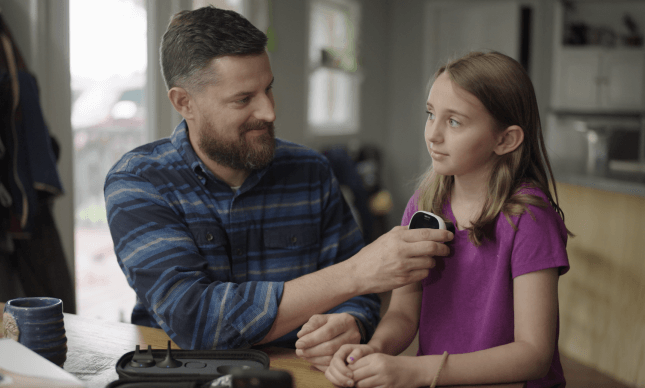Virtual primary care is here – what are the ingredients for success?


- Virtual primary care is a shift from physical to digital primary care, offering a full continuum of care including urgent, chronic, and preventive care.
- The trend of virtual primary care was accelerated by the COVID-19 pandemic, which necessitated a shift towards online health services.
- Trust, patient behavior change, and business modalities are the three key elements required for successful implementation of virtual primary care.
- TytoCare, with its platform and medical kit, enables remote examinations and bridges the gap in virtual primary care by providing a device that allows patients to conduct self-examinations at home.
- Future developments in virtual primary care involve the use of machine learning and AI to enhance remote diagnosis and decision support for clinicians.
Virtual primary care is taking primary care from the urgent side to a much more holistic approach of providing end to end solution.

Dedi Gilad
COVID alone cannot really bring that trend, to success. We need three elements to be working, closely, together and successfully in order to make it happen.

Dedi Gilad
TytoCare is building a lot of machine learning and AI around the data that we collect, obviously, very securely and identified according to all the regulatory needs but we can add capabilities to help diagnose remotely, automatically raise alerts, bring decision supports to clinicians.

Dedi Gilad
Learn more


Baptist Health supports patients with TytoCare
Will Renda, a father of five from Shelbyville, Kentucky, has found a healthcare ally in TytoCare, which has simplified medical consultations for his family. Living on a remote farm, the convenience of conducting thorough physical exams from home has been transformative. The Renda children prefer the quick, easy TytoCare visits over traditional doctor appointments, and Will appreciates the reduced health risks and the ability to connect with their trusted Baptist Healthcare providers in a matter of minutes.

Tackling staff shortages in rural areas with virtual care
Rural America is disproportionally underserved when it comes to healthcare due to staff shortages and a lack of access to quality services. This blog post explores how virtual care can be leveraged as a solution to combat these staff shortages, providing improved convenience and cost-effectiveness for those living in rural areas. Overview of rural America’s […]

What You Need to Know: Successfully Applying for the USDA RUS-DLT Grant
The USDA RUS-DLT Grant enables you to bring better primary care to more people. In this informative webinar, Joe Brennan, Senior Director of Provider Solutions at TytoCare, is joined by Dana Satterwhite, Grants Manager at grants consulting company Learn Design Apply. Watch the webinar to learn best practices for submitting a successful USDA RUS-DLT Grant […]